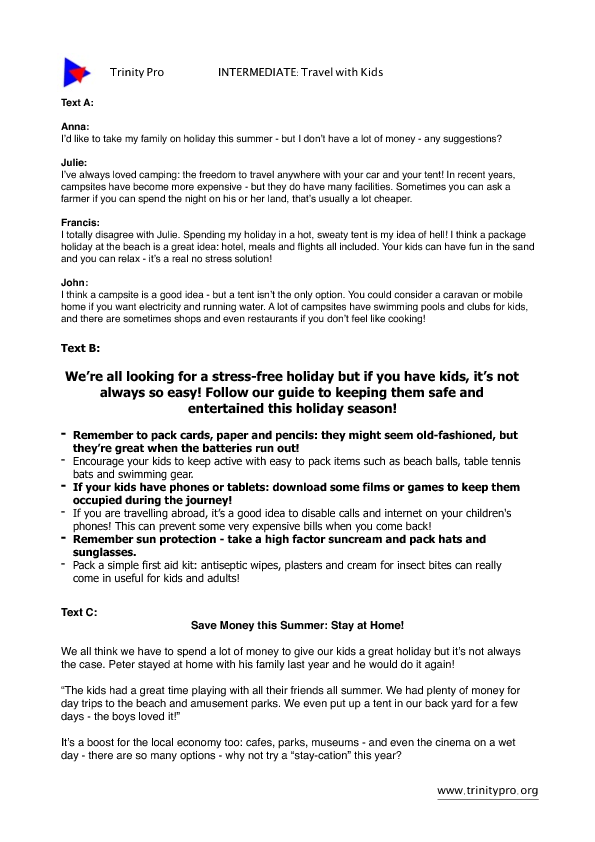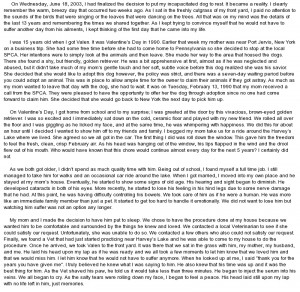What is a Past Participle? Definition, Examples of English.
Essayer is a french first group verb. So it follow the regular conjugation pattern of the first group like: aimer.Follow this link to see all the endings of the conjugation of the first group verbs: conjugation rules and endings for the first group verbs. However, although the terminations are perfectly regular, stem can be irregular and have numerous variations.
Define past participle: In grammar, the definition of past participle is a nonfinite verb used to signify a perfective aspect. In summary, a past participle is formed from the past tense of a verb. It is used to create verb forms and may also modify nouns, noun phrases, adjectives, and adjective phrases.

Past participle definition is - a participle that typically expresses completed action, that is traditionally one of the principal parts of the verb, and that is traditionally used in English in the formation of perfect tenses in the active voice and of all tenses in the passive voice. How to use past participle in a sentence.

In grammar, the past participle of a verb is a form that is usually the same as the past form and so ends in '-ed.' A number of verbs have irregular past participles, for example, 'break' - past participle 'broken,' and 'come' - past participle 'come.' Past participles are used to form perfect.

Definition of Past Participles from our glossary of English linguistic and grammatical terms containing explanations and cross-references to other relevant English grammar terms.

Participles synonyms, Participles pronunciation, Participles translation, English dictionary definition of Participles. Participles are words formed from verbs that can function as adjectives or gerunds or can be used to form the continuous tenses and the perfect tenses of.

Conjugate the English verb try: indicative, past tense, participle, present perfect, gerund, conjugation models and irregular verbs. Translate try in context, with examples of use and definition.

Simple past passive voice (the first) and present perfect passive voice (the second) are both correct English. If the you are reporting on this immediately after the request was sent, or if you particularly care about the impact upon the present time (e.g. the fact that the request was sent means that there is now a pending request being processed, which is important to know in terms of the.

In life you have to decide what is best for you. Each time I go to a new place I ask myself whether I could live in such a place. But once I return home, I know that I made the right decision by staying in Norway.

Regular French verbs, stem-changing verbs, and a few irregular verbs conjugate the past participle by dropping the infinitive ending to find the stem, then adding the past participle ending for that type of verb: The French past participle always needs to agree in gender and number with the word it modifies when it is used in the passive voice.

Definition of past participle in the Definitions.net dictionary. Meaning of past participle. What does past participle mean? Information and translations of past participle in the most comprehensive dictionary definitions resource on the web.
A past participle is a word that can be used as an adjective or to form verb tense. Past participles are classified as non-finite verbs. Most past participles end -ed, -d, -t, -en, or -n. This page has lots of examples of past participles, shows how to form past participles, and has an interactive exercise.

Grammargrounds grammar education is a free, comprehensive site with instruction, videos, quizzes, and more. The English teacher looking for tools, the student looking for some extra help, or the new English speaker hoping to master the language will find what he or she is looking for here. A past participial phrase includes a past participle.



